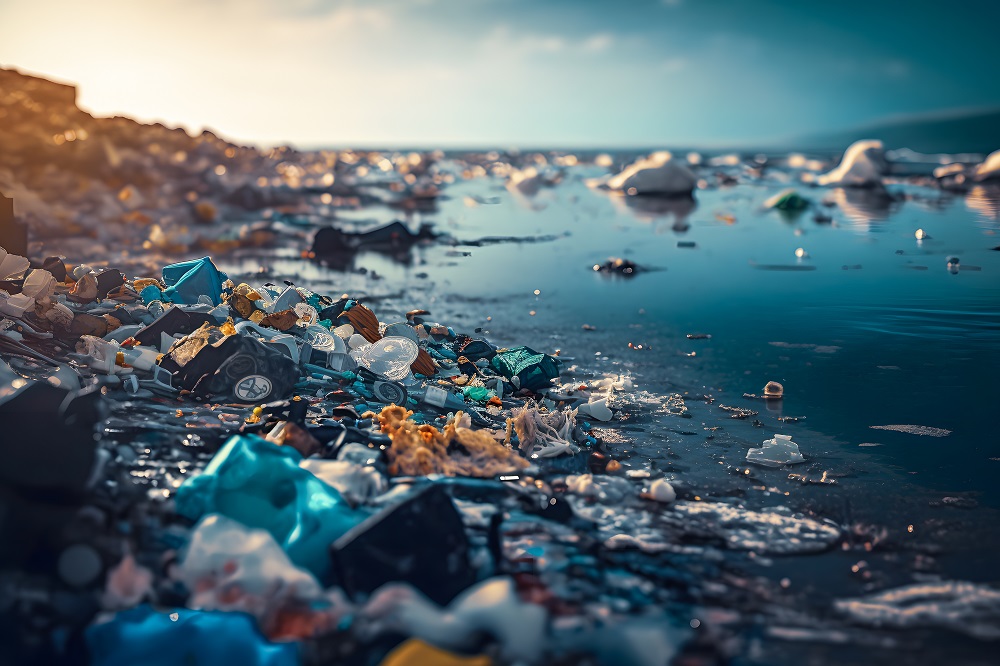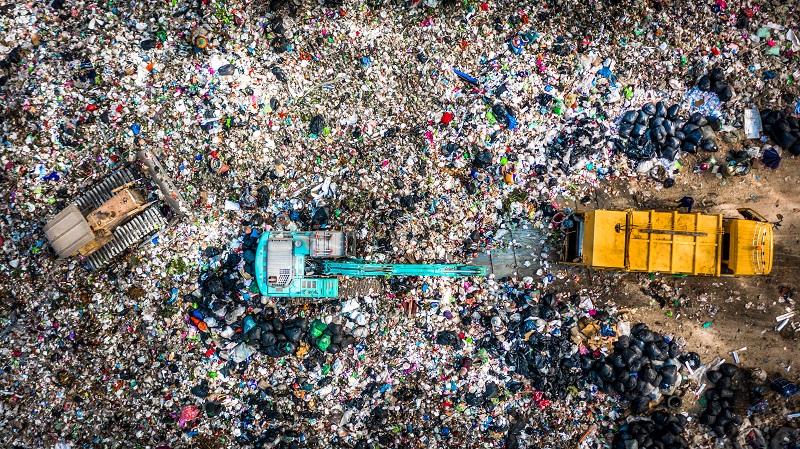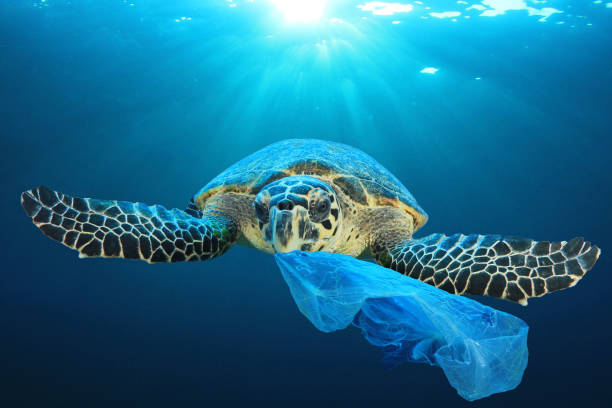
IndiaFROM INTENTION TO ACTION: INDIA’S PLASTICS MANAGEMENT CHALLENGE
Aug 2021 | Reading time: 2mins
Evaluating effective management and sustainable use of plastics
Executive summary
As befits a country of 1.4bn people with a fast-growing middle class, India’s plastic waste crisis is of enormous scale. The government’s Central Pollution Control Board (CPCB) estimates that 3.5m million tonnes of plastic waste is generated each year in the country, a figure that some experts believe to be an underestimate. The crisis is also growing steadily: per-head plastic waste generation has doubled in the past five years, according to the CPCB.
It should, then, be no surprise that India is one of the world’s main sources of marine plastic pollution. By one estimate, India’s rivers emit more plastic waste into the sea (126,500 tonnes per year) than all other countries in the world bar the Philippines.
Such figures, even if estimates, indicate that India’s existing plastics management infrastructure and systems are not up to the task of stemming the tide of plastic waste polluting the country’s lands and waters, and those of its neighbours. India’s performance in the Plastics Management Index (PMI) confirms this: the country ranks 20th out of 25 countries with an overall score (41.5) that is well beneath the index average. (See this programme’s flagship report for a detailed discussion of the PMI’s global findings.)
The main stakeholders in India’s plastics ecosystem, including government, industry and non-government organisations (NGOs), clearly recognise the crisis’s gravity. Since 2016 the central government has drafted and updated policies governing different aspects of plastics management. Some state and municipal governments have gone further in setting their own rules (for example, banning all single-use plastic bags rather than certain types and sizes). And many of the country’s large consumer goods companies are committing to reaching plastic neutrality targets and pursuing awareness building initiatives among consumers.
In these and other areas, however, this study finds significant gaps between policy development and implementation, between commendable intention and action.
Key India findings from the PMI
The PMI compares the efforts of 25 countries to manage their plastics lifecycle. The countries’ scores and ranks are based on their performance in three categories of indicators: governance, systemic capacity and stakeholder engagement. The index’s major findings for India are:
Plastics Management

Making the invisible visible
Reading time: 5mins
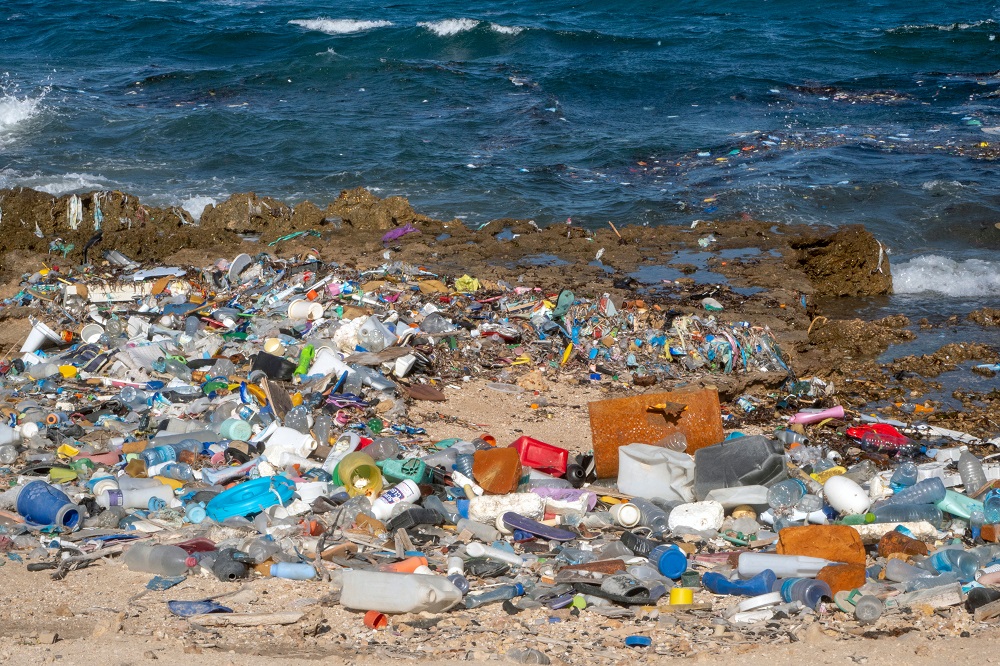
Plastics and health: the mounting evidence
Reading time: 5mins

Building up to Busan
Reading time: 6.5mins
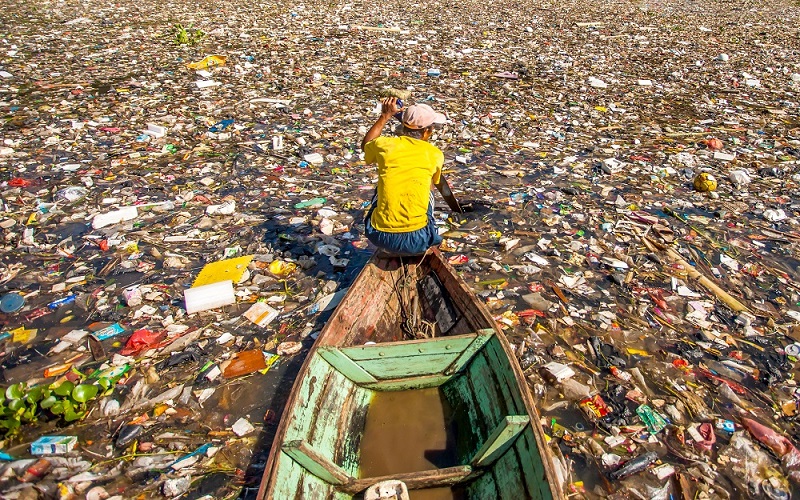
A ‘sea of brackets’: Back to Blue assesses the Ottawa INC
Reading time: 6mins

COP28: mainstreaming the ocean agenda
Reading time: 5mins

Plastic treaty negotiations produce new debates but few results
Reading time: 5mins
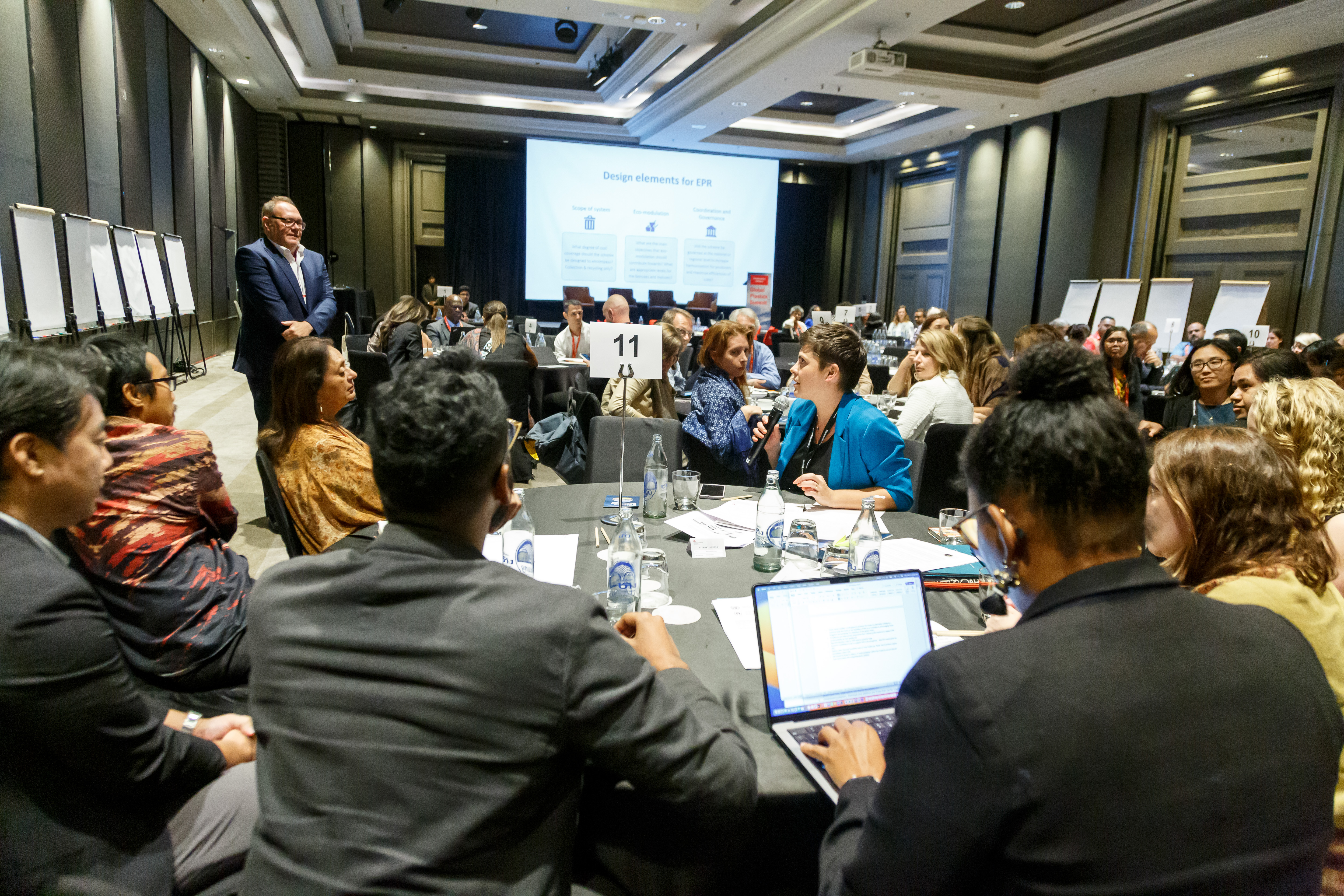
The Global Plastic Summit – sideline QA
Reading time: 6mins
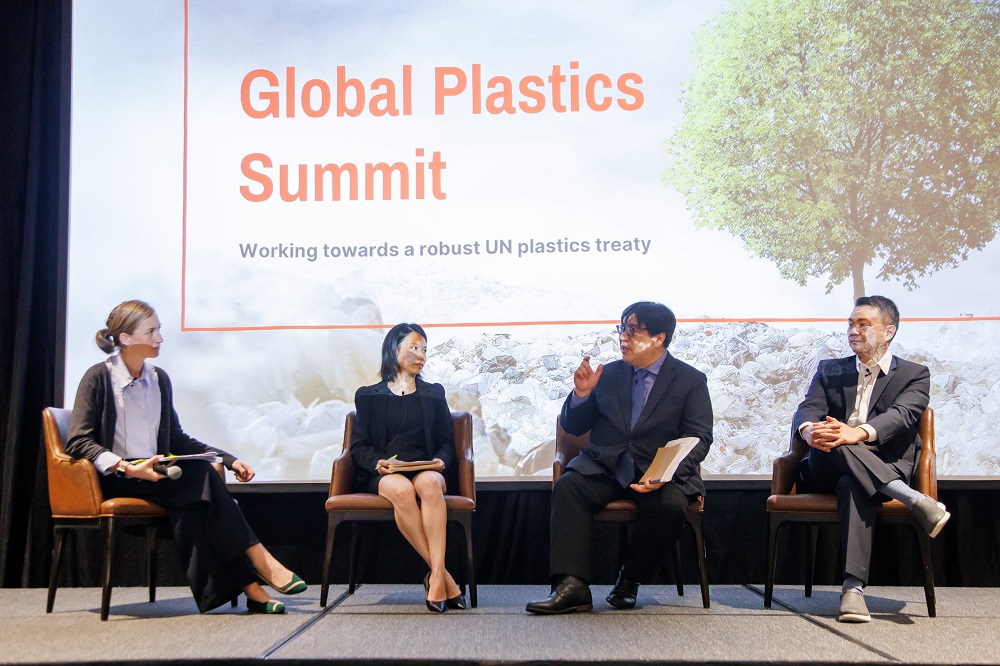
Small island developing states and plastics: roundtable and working group
Reading time: 4mins
videos
Back to Blue is an initiative of Economist Impact and The Nippon Foundation
Back to Blue explores evidence-based approaches and solutions to the pressing issues faced by the ocean, to restoring ocean health and promoting sustainability. Sign up to our monthly Back to Blue newsletter to keep updated with the latest news, research and events from Back to Blue and Economist Impact.
The Economist Group is a global organisation and operates a strict privacy policy around the world.
Please see our privacy policy here.
THANK YOU
Thank you for your interest in Back to Blue, please feel free to explore our content.
CONTACT THE BACK TO BLUE TEAM
If you would like to co-design the Back to Blue roadmap or have feedback on content, events, editorial or media-related feedback, please fill out the form below. Thank you.
The Economist Group is a global organisation and operates a strict privacy policy around the world.
Please see our privacy policy here.
Back to Blue is an initiative of Economist Impact and The Nippon Foundation, two organisations that share a common understanding of the need to improve evidence-based approaches and solutions to the pressing issues faced by the ocean, and to restoring ocean health and promoting sustainability




 The scourge of untreated wastewater
The scourge of untreated wastewater Slowing
the chemical tide: safeguarding human and ocean health amid
chemical pollution
Slowing
the chemical tide: safeguarding human and ocean health amid
chemical pollution Hazardous chemicals in plastics - the discussions at INC
Hazardous chemicals in plastics - the discussions at INC







